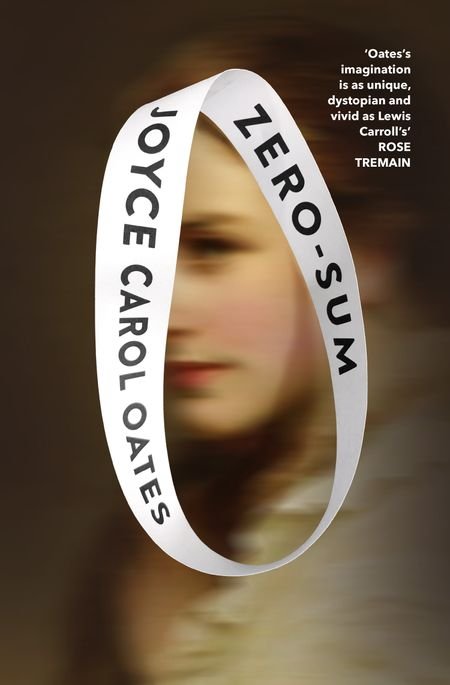I'm continuously impressed by the creative flair of Oates' writing which fearlessly treads into forbidden areas of our psychological reality. She dares to reveal what we don't want to look at and asks questions which won't permit polite answers. Her new collection moves through three distinct sections from intimate stories of family life and young adulthood to a novella about the collapsing mental health of a modern literary “genius” to dark dystopian tales. There is a group of teenage girls who set a wicked trap for lascivious men, a mother who becomes intent on taking her baby off-grid and a privileged teacher secure in his home while the world outside literally goes to hell. These stories present a sense of uneasy progression where fulfilment seems just out of reach and unspeakable horror may wait around the corner. Oates has a mesmerising way of drawing the reader into her stories and deep into her characters' point of view to show an entirely new perspective. This is fiction which delves into the dynamics of love and personality with courageous intensity.
One story explains “In game theory, a zero-sum game is one in which there is a winner and there is a loser and the spoils go to the winner and nothing to the loser.” Throughout the book this sense of competition plays out between men and women as well as different individuals, friends and spouses. It's expressed as a particularly American sentiment which frequently leads to terrible violence. In some stories the characters recognize a double who might supercede them as only one can be victorious. For instance, in the title story a philosophy student who longs for the favour of her esteemed teacher envies his physically disabled daughter and in 'Monstersister' a growth on an adolescent girl's head develops into a feeble twin who becomes the focus of her family's attention. Yet, throughout these tales there are also hints that contentment can be found when equality is truly achieved and egoless love is offered. An ill-fated academic remarks that “To G___, life was not a game of who might win. Love was certainly not a game.” This suggests that the secret to real success might be in striving for mutual support rather than domination.
In the longest story within this collection the famous writer at the centre is simply referred to as “The Suicide” rather than being given a character name. His draw towards self-immolation as a kind of sacrifice to higher art becomes the defining characteristic of his identity. He struggles with mental illness, bouts of medical treatment and increasing paranoia. In following his manic logic we become increasingly aware of how his supportive wife's identity and health becomes completely subsumed to his own. Oates is scathing in portraying his selfish behaviour but also expresses sympathy for the author's dilemma. His longstanding plan for suicide is wrapped up in his egotism about his reputation as a great writer. This is a veiled portrait of the later part of David Foster Wallace's life. In her previous work, Oates has demonstrated a talent for fictionally paying tribute to revered writers such as Edgar Allan Poe, Mark Twain, Robert Frost, Henry James, Ernest Hemingway and H.P. Lovecraft by simultaneously recognizing their accomplishments as artists while severely critiquing them as fallible men. It seems apt there's reference to Hitchcock within “The Suicide” because the masculine drive of certain artists is also scrutinized by a character much like the actress Tippi Hedren in Oates' story 'Fat Man My Love' from her collection “High Lonesome”.
As well as interpersonal conflicts, these stories also focus on the heartrending internal dilemmas of characters who struggle with a sense of belonging and being wanted. In the very short tale 'Take Me, I Am Free' a child is literally left by the curbside with other unwanted items to be taken by anyone. Alternatively, in 'Sparrow' a woman learns from her mother who suffers from memory loss that she might have been adopted to replace a deceased child. The highly imaginative 'M A R T H E: A Referendum' contemplates a dominant race of computers that debate whether to keep alive the last remaining homo sapien whose life has been artificially extended. It's powerful how these different situations contemplate whether an individual's inherent value can be quantified and the ways that this becomes measured through their relationships with others in the world. Such vibrant storytelling pulses with life and has the ability to haunt the reader with urgent dilemmas that feel all too real.
You can watch me discuss “Zero-Sum” with Joyce Carol Oates here: https://www.youtube.com/watch?v=hL1BB1hKPq4








